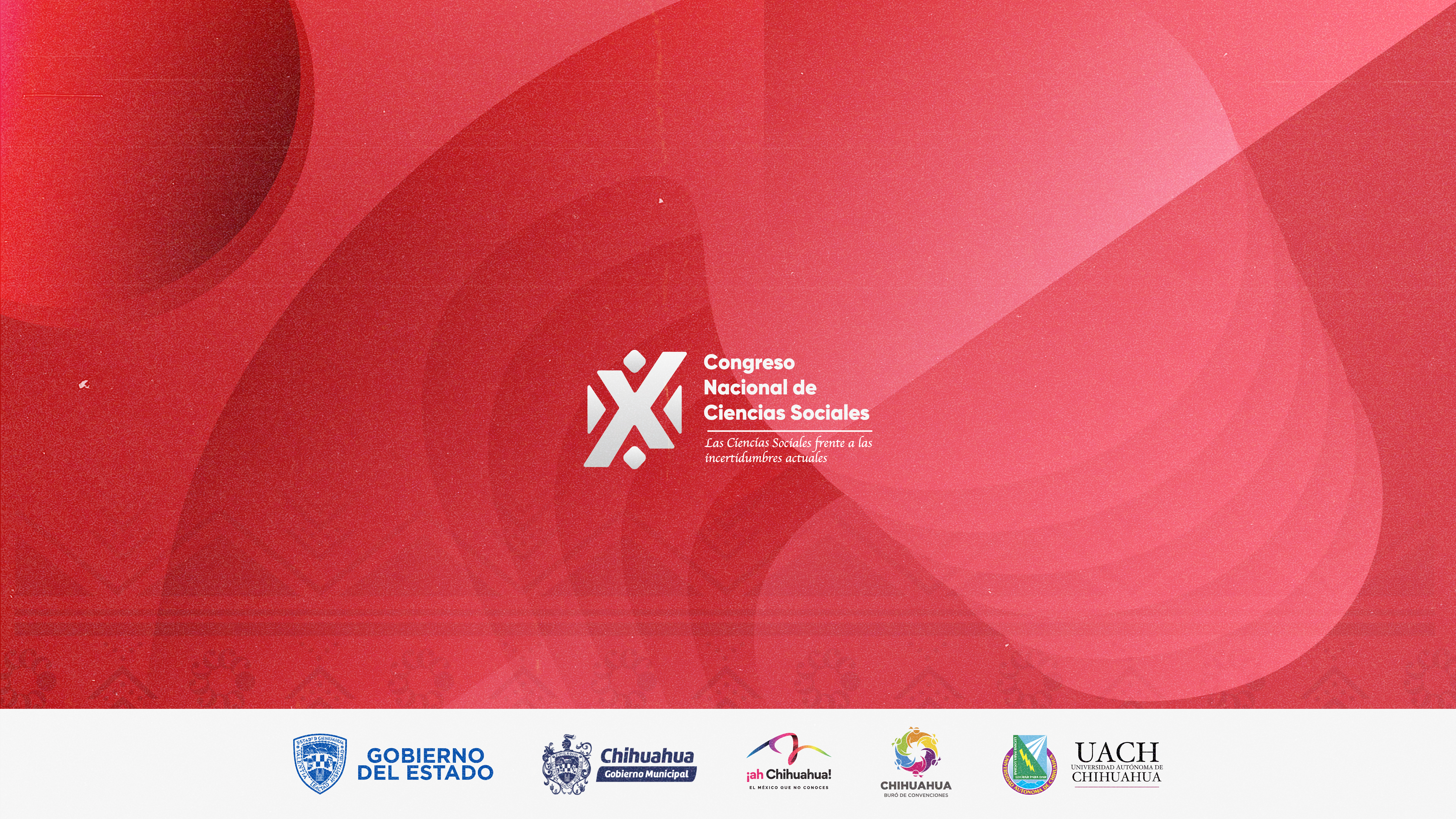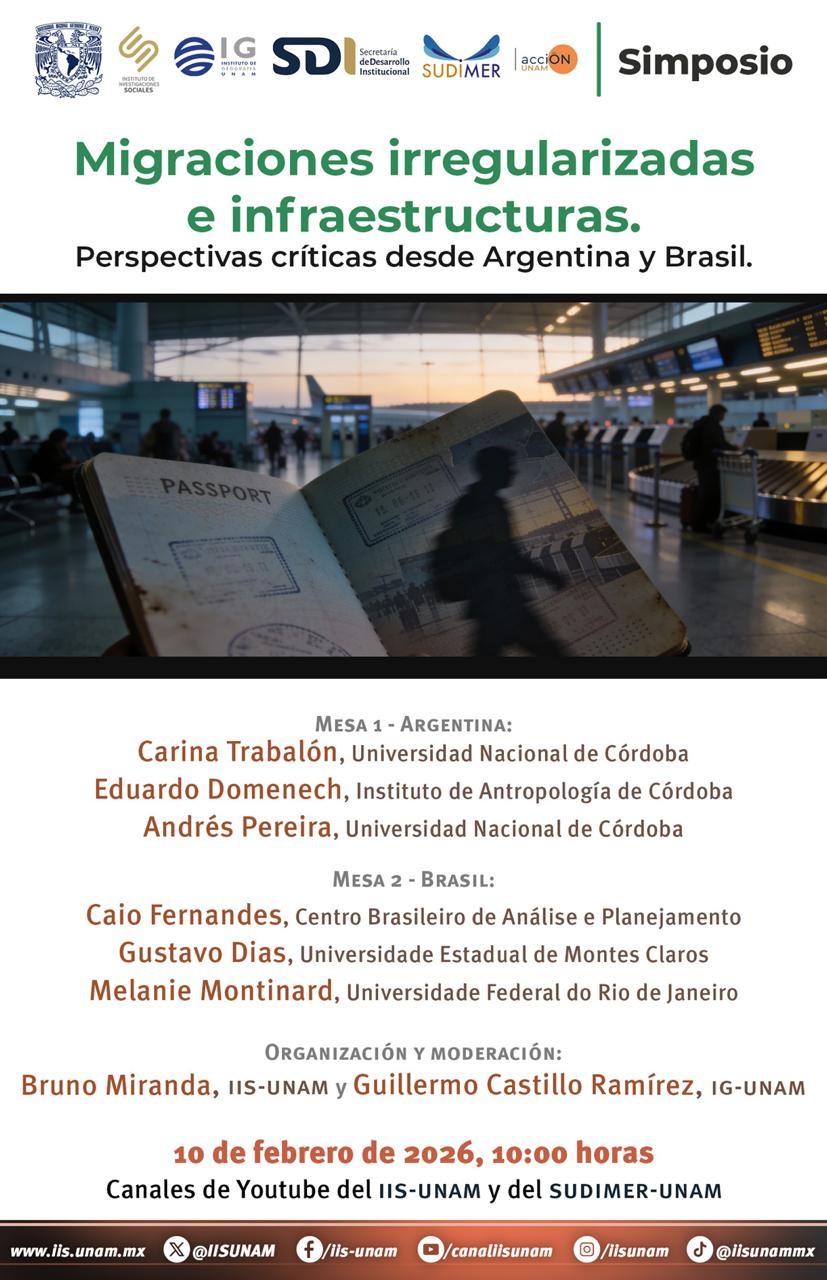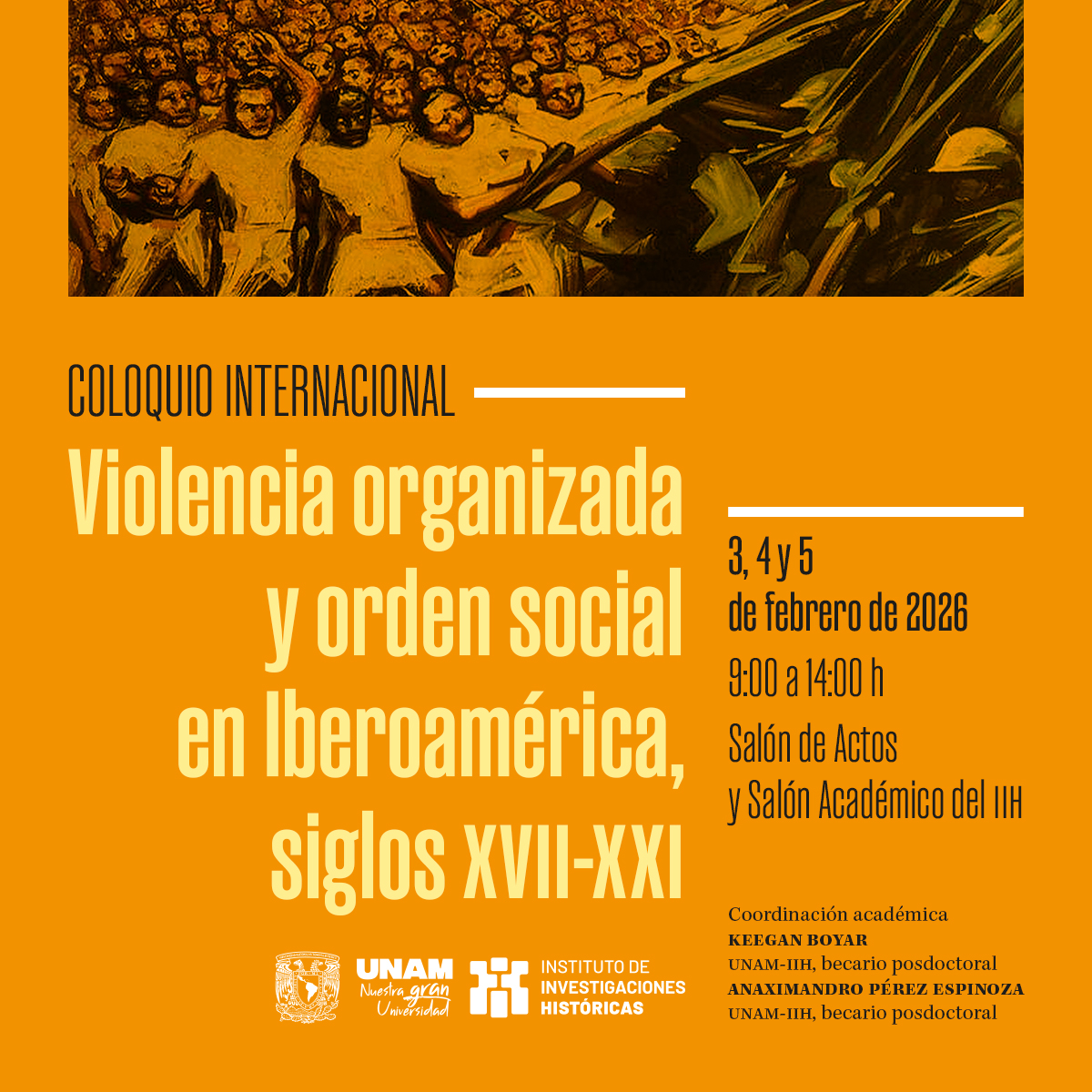The critical role of commons for governance of sustainable development has been widely discussed and documented. More recently, scholars have started to conceptualize and study “urban commons”. However, this is rarely done with specific attention to urban sustainability aspects. While international examples of social struggles from Porto Alegre, to Durban, to Barcelona, to Seoul suggest that social movements play a key role in urban commons governance, a broad understanding of the dynamics between social movements and urban commons initiatives, including the plurality of social movement’s roles in and contributions to urban commons governance, is still lacking.
Originally, the concept was coined to study the governance of natural resources in rural settings where communities would self-organize to guarantee the self-sustainability of the local community. However, the types of resources included in the practice and study of the commons (including services) has expanded. Urban Commons refers instead to resources and services that are essential for the exercise of fundamental rights in cities (e.g. housing, health, water, energy, transportation, education, etc.) and that are governed collectively in a way that transcends the clear-cut public-private distinction. With reference to urban resources, the term denotes a community of urban dwellers and collective institutions. What makes commons urban is that they are situated within an urban settlement where problems of scarcity and congestion arise due to agglomeration and overcrowding phenomena. Urban contexts display a number of traits that pose a challenge to sustainable urban commons governance: a larger array of actors and a high degree of mobility of people and things, the experience of anonymity and socio-cultural heterogeneity, as well as the social production of space with its overlapping and sometime contested uses of space.
This Research Topic aims to bring together novel empirical research on the dynamics between social movements and sustainable urban commons governance. Our main interest is with urban commons and social movements with an emancipatory-transformative agenda. It is our explicit aim to consider urban commons and movements within the context of extended urbanization, i.e. not only in relation to those struggles happening in the centers of major cities, but also to those in less prominent or privileged sites and those in sub- or peri-urban spaces. We invite research papers addressing one or several of the following questions:
- What is the role of social movements (and self-organized groups) in claiming, setting up and sustaining urban commons?
- To which outcomes does their engagement lead, and which factors contribute to robust urban commons governance?
- What are the factors contributing to the continuation of urban commons and the engagement of social movement actors with them?
- How are practices of solidarity maintained beyond their first charismatic phase?
- How far do and can social movements render urban commons transformative agents against and beyond neoliberal and unsustainable forms of urban development?
- Towards this goal, what kind of governance arrangements with the public and private sector actors have been implemented – and with what success or failure?
- How do communities and social movements create economically viable models inspiring new forms of social impact, sustainable finance and public investment?
- When and how do urban commons initiatives engage in political protest and broader social movement activities?
- In what way can urban commons function as important movement infrastructure or organizations? Under what conditions does the creation of urban commons lead to demobilization of social movements?
- How is the practice of sustainable urban commons governance travelling across different countries or continents, and what is the role of social movements in that?
Keywords: Social Movements, Urban Commons, Sustainable Urban Commons Governance, Urban Commons Initiatives, Self-Organized Groups, Solidarity, Social Impact, Sustainable Finance, Public Investment, Political Protest, Mobilization
Important Note: All contributions to this Research Topic must be within the scope of the section and journal to which they are submitted, as defined in their mission statements. Frontiers reserves the right to guide an out-of-scope manuscript to a more suitable section or journal at any stage of peer review.
About Frontiers Research Topics
With their unique mixes of varied contributions from Original Research to Review Articles, Research Topics unify the most influential researchers, the latest key findings and historical advances in a hot research area! Find out more on how to host your own Frontiers Research Topic or contribute to one as an author.
Submission Deadlines
Abstract: 18 February 2021
Manuscript: 18 July 2021















